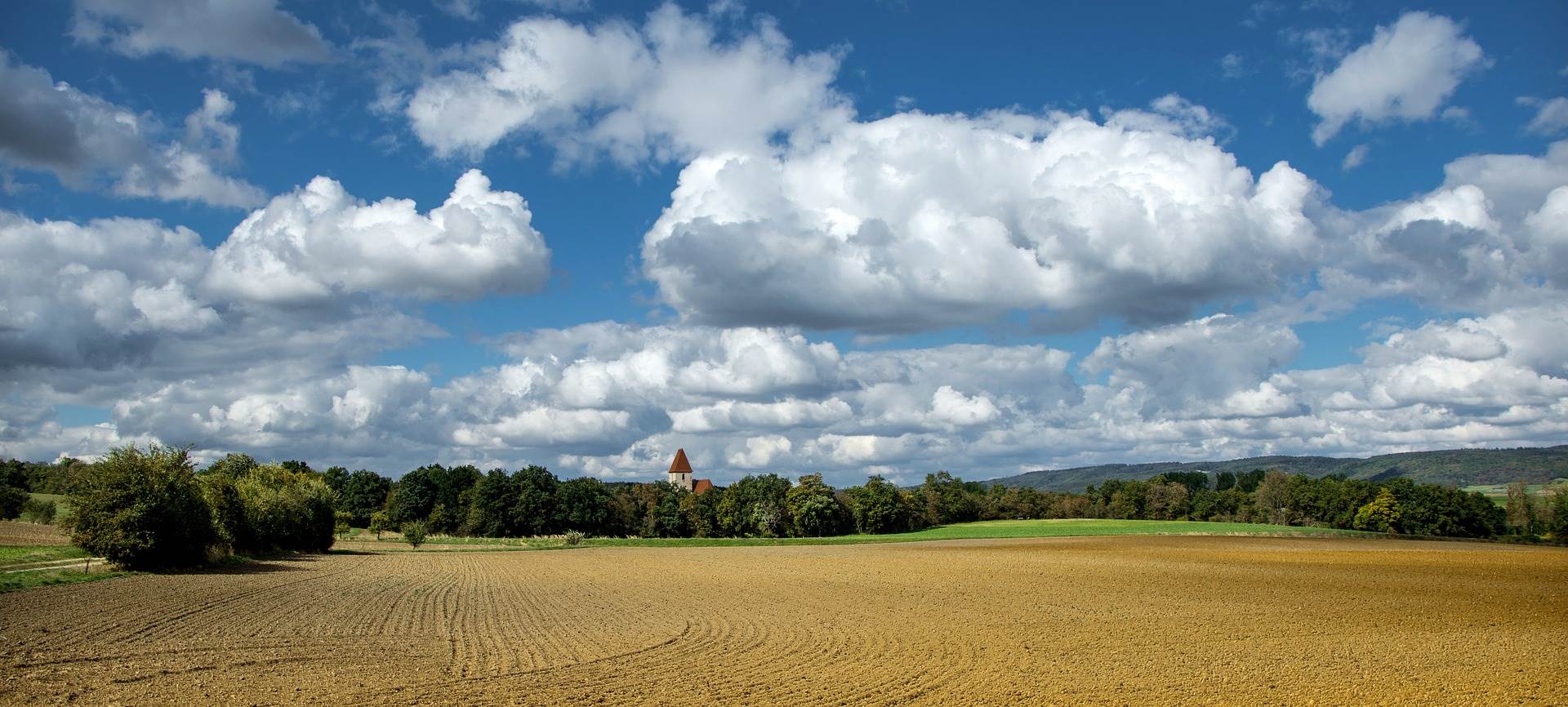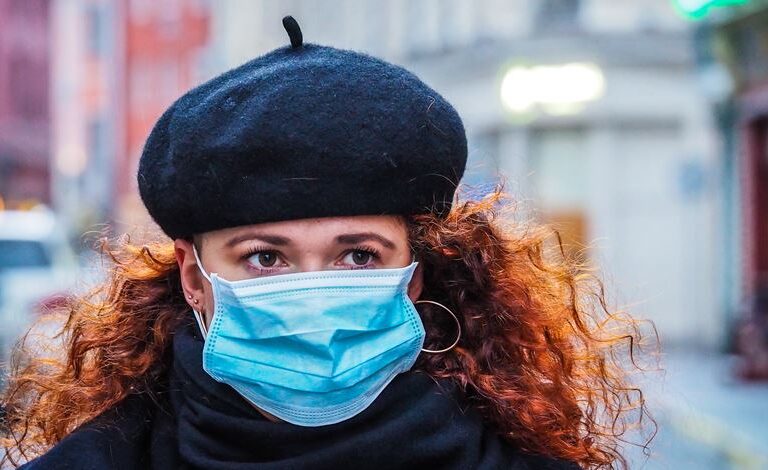When people are searching for somewhere to stay, they will probably do one of two things; go to a website they already know, or ‘Google it’. If they choose the latter, how can you ensure your website appears when they are searching?
As well as crafting enticing copy for your website, you also need to start considering the ‘keywords’ that travellers may be using when they search; ‘self-catering property Cornwall’ or ‘Cottages in Norfolk’ for example.
When people are searching for somewhere to stay, they will probably do one of two things; go to a website they already know, or ‘Google it’. If they choose the latter, how can you ensure your website appears when they are searching?
As well as crafting enticing copy for your website, you also need to start considering the ‘keywords’ that travellers may be using when they search; ‘self-catering property Cornwall’ or ‘Cottages in Norfolk’ for example.
Let’s delve into keywords in a bit more detail;
When search engines are scanning websites, they are looking for certain keywords that show that your webpage can answer the searchers question.
Try having a brainstorm to consider what terms people would search for if they were trying to find a property like yours and add these throughout the content of your website.
Make sure you use generic search terms like ‘holiday let’ and ‘self-catering’, as well as specific keywords that are more personalised to your property. If your property is perfect for couples use ‘romantic getaway’, and if it’s great for families use ‘family friendly environment’, also ensure you use your location to capture the people searching to visit specific parts of the country!
The headings on your page should ideally contain your main keyword that you are aiming for, search engines read these headings (or H1 tags) as the most important part of your page.
Word of warning: Do not stuff your copy with keywords everywhere to try to ‘please’ the search engines. The copy needs to flow correctly, make sense and above all it needs to be informative to rank highly.
Meta Descriptions
Wondering what on earth these are? They are the short paragraph of text that appears on result pages when you perform a search. This small bit of copy will either encourage someone to select your website or choose another, so while it will not increase your SEO ranking, it is vital to attracting visitors.
What else can you do?
Social Media
A great tool to use that is outside of your website. Create social media pages if you haven’t already (Facebook, Instagram, Twitter etc.) ensuring you vary your page descriptions and bios for each page – always strategically placing your keywords throughout.
Once you’ve tweaked these key areas the next step is…patience. SEO isn’t a quick fix and can take weeks, even months to begin showing its benefits. Once it takes effect however, you’ll wonder how you ever did without it!
Blog
Blogs are a great way to increase your SEO ranking. You don’t need to be blogging daily, twice a month is plenty!
Ensure your blogs are optimised (including keywords) to start your website climbing the search engine ladder.
Use your social media pages to promote your blog and over time, people will start sharing and discussing your ideas – perfect for SEO!
Link building
One of the harder methods of increasing your SEO is to gain links back to your website from well-known, trustworthy sites. For example, if the BBC wrote a post on the best holiday lets in Norfolk, and linked to your website, your SEO would benefit greatly! On the other end of the scale, if a Russian gambling site links back to you, your SEO will go the other way!
Effective link building can take time, but it is greatly beneficial to your SEO score.
The mayor of Palma believes the ban will be in the general interest city and will set the trend for other cities when they see that finding a balance is key.
Chief of planning, José Hila told local newspaper, El Pais “There is a parallel between the evolution of vacation rentals and the rise in rental prices. All European cities are being transformed overnight by this type of offer. We need some order. There will be vacation rental in Palma, but only where there needs to be.”
It is believed that only about 5% of all short term rentals have the necessary licences and the authorities have been imposing hefty fines for those flouting the regulations.
Similar actions are being considered in other Spanish tourist hotspots suffering from the same affliction of over tourism and the effects on the local community.
The Palma ban is due to come into effect in July of this year.



